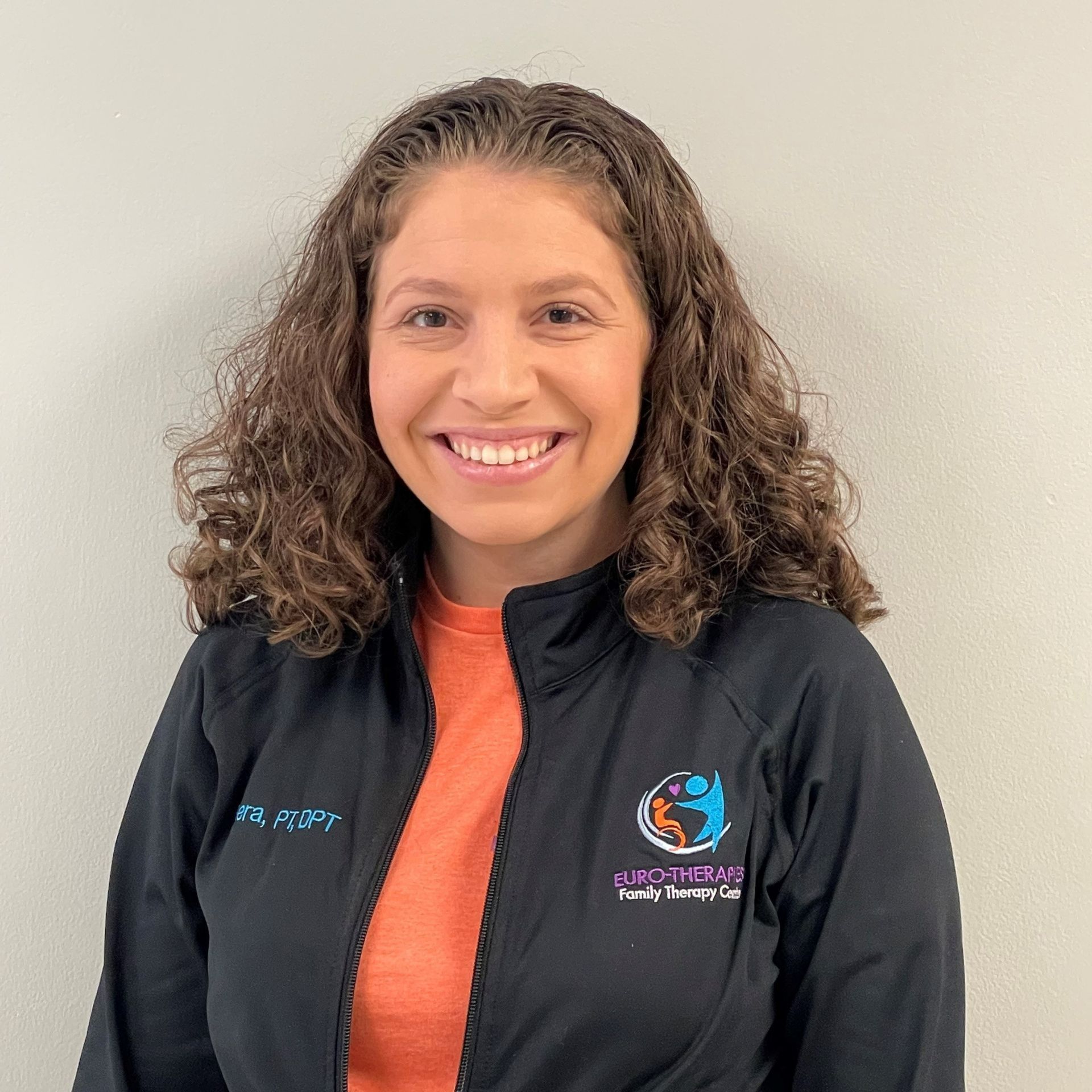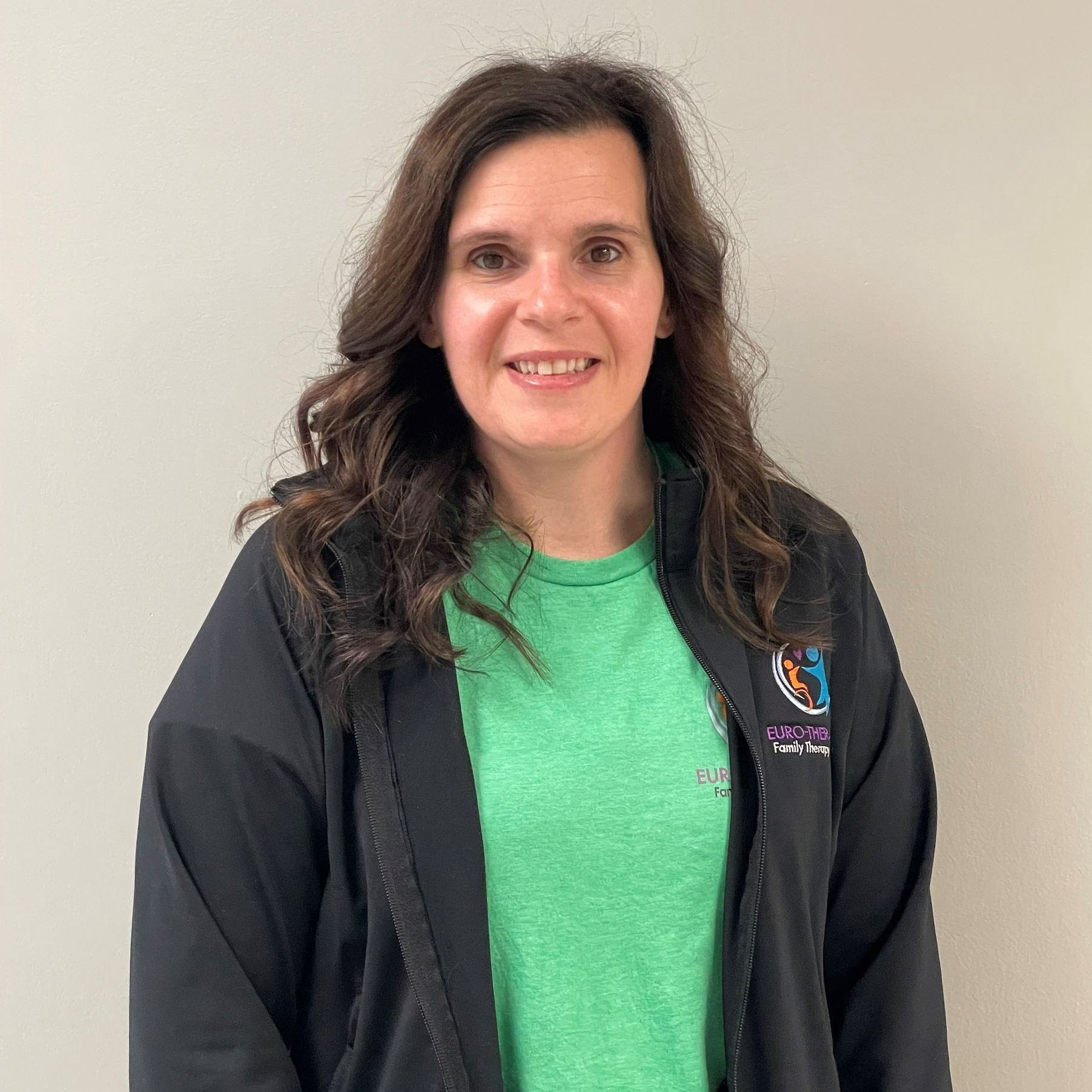Pontiac Office:
Dearborn Heights Office:
Trauma-Assumed Care
Trauma-assumed Applied Behavior Analysis (ABA) therapy is an approach that integrates principles of trauma care with the principles of ABA therapy. ABA therapy is a widely used therapeutic approach for individuals with autism spectrum disorder (ASD) and other developmental disabilities, focusing on teaching and reinforcing positive behaviors while reducing challenging behaviors.
Trauma-assumed care recognizes the widespread impact of trauma on individuals and aims to create an environment that promotes safety, trust, and empowerment for those who we care for. When applied to ABA therapy, this approach acknowledges that individuals with developmental disabilities, including those receiving ABA therapy, may have a higher likelihood of experiencing trauma due to various factors such as communication barriers, sensory sensitivities, and social vulnerabilities.
Here are some key aspects of trauma-assumed ABA therapy:
- Safety and Trust: Emphasis is placed on creating a safe and supportive environment for the individual undergoing therapy. Building trust between the therapist and the individual is crucial for effective treatment.
- Understanding Trauma Histories: We are trained to recognize the signs of trauma and understand the potential impact of past traumatic experiences on the individual's behavior and responses to therapy.
- Empowerment and Choice: Individuals are given choices and shared control over their therapy whenever possible, empowering them to participate in decision-making and advocating for their own needs.
- Cultural Sensitivity: Recognizing and respecting cultural differences is essential in trauma-assumed ABA therapy. Therapists strive to understand the cultural background of the individual and adapt their approach accordingly.
- Collaboration and Support: Collaboration with family members, caregivers, and other professionals involved in the individual's care is encouraged to provide holistic support and address the individual's needs comprehensively.
- Flexibility and Individualization: Treatment plans are tailored to the unique strengths, challenges, and preferences of each individual. Therapists remain flexible in their approach, adjusting strategies as needed to accommodate the individual's changing needs.
- Emotional Regulation and Coping Skills: Techniques for emotional regulation and coping skills are integrated into therapy sessions to help individuals manage stress, anxiety, and other emotional challenges.
- Trauma-sensitive Language and Interactions: Therapists use language and interactions that are sensitive to trauma and avoid re-traumatization. This includes using positive reinforcement, validating the individual's feelings, and maintaining a non-judgmental attitude.
By incorporating these principles, trauma-assumed ABA therapy aims to promote growth, resilience, and positive outcomes for individuals with developmental disabilities. It emphasizes the importance of understanding the whole person while approaching them in a trauma-assumed manner and providing support that is respectful, compassionate, and empowering.




SERVICE AREAS
- Auburn Hills
- Berkley
- Beverly Hills
- Birmingham
- Bloomfield Hills
- Clawson
- Dearborn Heights
- Farmington Hills
- Ferndale
- Lake Orion
- Madison Heights
- Novi
- Oak Park
- Oxford
- Pontiac
- Rochester
- Rochester Hills
- Royal Oak
- South Lyon
- Southfield
- Troy
- Waterford
- Wayne
CONTACT INFORMATION
Pediatric Therapy Center
Phone: (248) 857-6776
Alt: (248) 857-7137
Fax: (248) 857-7102
Email:
info@euro-therapies.com
- Mon - Thu
- -
- Friday
- -
- Sat - Sun
- Closed
Pediatric Therapy Center
Phone: (248) 857-6776
Alt: (248) 857-7137
Fax: (248) 857-7102
Email:
info@euro-therapies.com
- Mon - Thu
- -
- Friday
- -
- Sat - Sun
- Closed
- Mon - Thu
- -
- Friday
- -
- Sat - Sun
- Closed










